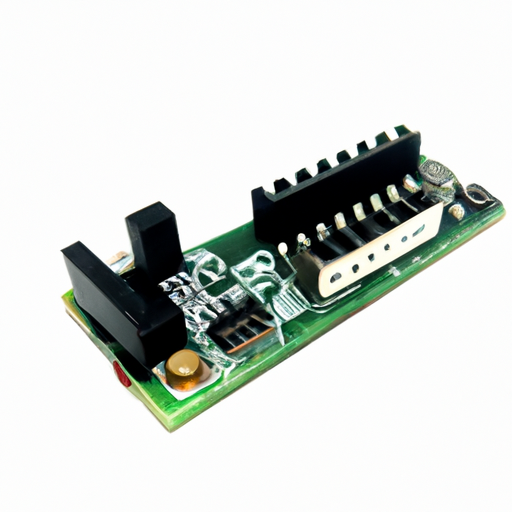DC-DC converters are electronic devices that convert one DC voltage to another DC voltage, widely used in various electronic devices such as mobile phones, laptops, TVs, etc. In order to ensure the performance and safety of DC-DC converters, a series of product standards have been established. This article will introduce several common DC-DC converter product standards.

Secondly, IEC 60950 is an international standard used to ensure the safety of electronic equipment. For DC-DC converters, IEC 60950 certification is very important because it can prove that the converter meets international safety standards and can be safely used in various electronic devices. IEC 60950 certification requires converter manufacturers to conduct rigorous safety tests on products, including electrical safety, mechanical safety, fire safety, etc., to ensure the safety of the products.
Additionally, CE certification is a mandatory certification for the European market, used to ensure that products comply with European safety and environmental standards. For DC-DC converters, CE certification is very important because it can prove that the converter complies with European safety and environmental standards and can be sold and used in the European market. CE certification requires converter manufacturers to conduct rigorous testing on products, including electromagnetic compatibility testing, environmental testing, safety testing, etc., to ensure that the products comply with European standards.
Furthermore, the RoHS directive is another important standard for the European market, used to restrict the use of hazardous substances in electronic products. For DC-DC converters, RoHS certification is very important because it can prove that the converter does not contain harmful substances such as lead, mercury, cadmium, etc., and complies with European environmental standards. RoHS certification requires converter manufacturers to conduct rigorous chemical analysis on products to ensure compliance with the requirements of the RoHS directive.
In conclusion, the product standards for DC-DC converters include ISO 9001, IEC 60950, CE certification, and the RoHS directive. These standards can ensure the quality, safety, and environmental friendliness of the converters, providing users with high-quality products and services. Manufacturers should strictly adhere to these standards when producing DC-DC converters to ensure that the products meet international standards and can be sold and used in global markets. We hope this article has been helpful to you, thank you for reading!
DC-DC converters are electronic devices that convert one DC voltage to another DC voltage, widely used in various electronic devices such as mobile phones, laptops, TVs, etc. In order to ensure the performance and safety of DC-DC converters, a series of product standards have been established. This article will introduce several common DC-DC converter product standards.

Secondly, IEC 60950 is an international standard used to ensure the safety of electronic equipment. For DC-DC converters, IEC 60950 certification is very important because it can prove that the converter meets international safety standards and can be safely used in various electronic devices. IEC 60950 certification requires converter manufacturers to conduct rigorous safety tests on products, including electrical safety, mechanical safety, fire safety, etc., to ensure the safety of the products.
Additionally, CE certification is a mandatory certification for the European market, used to ensure that products comply with European safety and environmental standards. For DC-DC converters, CE certification is very important because it can prove that the converter complies with European safety and environmental standards and can be sold and used in the European market. CE certification requires converter manufacturers to conduct rigorous testing on products, including electromagnetic compatibility testing, environmental testing, safety testing, etc., to ensure that the products comply with European standards.
Furthermore, the RoHS directive is another important standard for the European market, used to restrict the use of hazardous substances in electronic products. For DC-DC converters, RoHS certification is very important because it can prove that the converter does not contain harmful substances such as lead, mercury, cadmium, etc., and complies with European environmental standards. RoHS certification requires converter manufacturers to conduct rigorous chemical analysis on products to ensure compliance with the requirements of the RoHS directive.
In conclusion, the product standards for DC-DC converters include ISO 9001, IEC 60950, CE certification, and the RoHS directive. These standards can ensure the quality, safety, and environmental friendliness of the converters, providing users with high-quality products and services. Manufacturers should strictly adhere to these standards when producing DC-DC converters to ensure that the products meet international standards and can be sold and used in global markets. We hope this article has been helpful to you, thank you for reading!